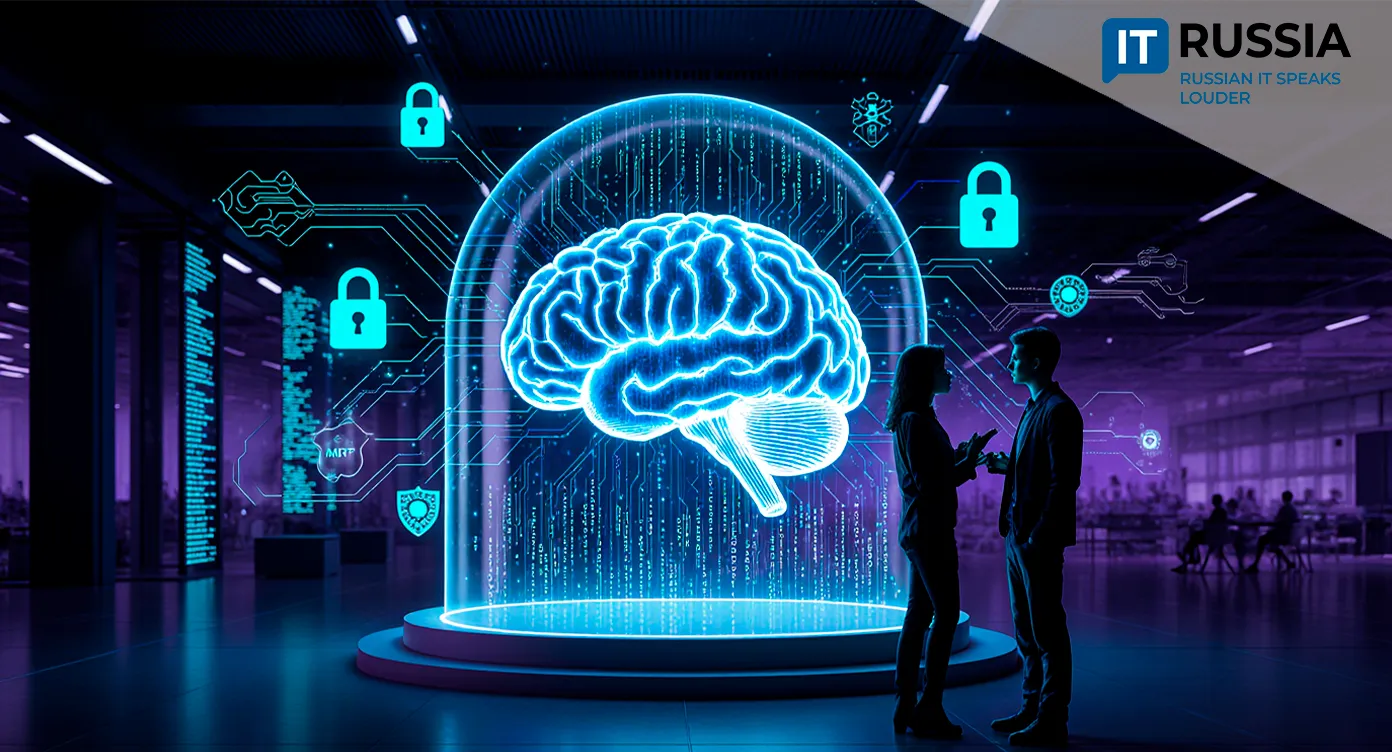AI in the Classroom: Teaching Russian Students How to Use Technology Responsibly
A nationwide survey shows strong public support in Russia for teaching schoolchildren how to interact responsibly and ethically with artificial intelligence. The findings highlight both opportunities and challenges for integrating AI into education.

Survey Insights
In August 2025, a nationwide survey conducted by VTB Bank gathered responses from 1,500 people aged 18 to 65 living in cities with populations over 100,000. The goal was to understand public attitudes toward introducing AI into schools and to determine the best ways to teach the younger generation how to use the technology ethically and effectively.
The results show that 71 percent of respondents support teaching students responsible AI use. Participants noted that AI helps develop critical modern skills such as digital literacy, analytical and critical thinking, and accountability for academic performance.
Opinions varied on how to integrate AI into school curricula: 34 percent suggested adding AI topics into existing subjects, 24 percent favored creating a standalone course, and 22 percent supported offering electives. Only 6 percent believed students could master AI independently.

Ethics Lessons
Respondents identified the most in-demand uses of AI in schools: automating teachers’ routine tasks (42 percent), helping students find information (41 percent), creating interactive lessons (40 percent), analyzing academic performance (36 percent), using digital tutors (34 percent), and checking homework (33 percent).
Nearly half of respondents—46 percent—viewed AI positively in the context of homework. Still, 22 percent expressed concern that it could reduce student independence, while 23 percent said its effectiveness depends on how teachers and parents guide students.
A striking 83 percent of respondents emphasized the importance of teaching students how to use AI safely and protect personal data. This finding reflects growing public awareness of digital risks and the need to foster a culture of safe technology use.

Keeping Pace with the Times
For Russia’s IT industry, the survey signals high public readiness for AI integration in schools. In a global context, Russia is aligned with international trends where preparing young people for ethical use of technology is increasingly seen as a universal value.
In the coming years, Russia plans to integrate AI into its school system as part of a broader digital education reform. This may include new courses, electives, and systems for recognizing AI competencies among students. Together with the Ministries of Education and Digital Development, national standards and teaching materials for safe AI use are expected to emerge. Such steps will likely stimulate growth in the EdTech sector, including digital tutors and interactive platforms.
Collaboration between government, business, and academia is also anticipated to intensify. IT companies and EdTech developers are expected to co-create AI-based teaching tools, enabling more personalized and effective learning.

Opportunity or Risk?
The global momentum behind AI in education is undeniable. In Russia, 74 percent of young people under 25 regularly use AI in their studies. Between 2023 and 2025, pilot projects introduced AI in schools across multiple regions, supported at the federal level through EdTech initiatives.
On the international stage, organizations like UNESCO and the OECD stress the importance of digital literacy and AI ethics in schools. As UNESCO Director-General Audrey Azoulay remarked, “Generative AI can become a tremendous opportunity for humanity, but it can also cause harm and foster bias. It cannot be integrated into education without public participation and without safeguards and regulations from governments.”
In Russia, interest in AI education continues to grow, with increasing attention on future-ready skills such as critical thinking, digital literacy, and AI competencies. The VTB survey confirms broad public support for teaching students ethical and safe AI use, opening the door to innovative educational practices built on flexibility and










































